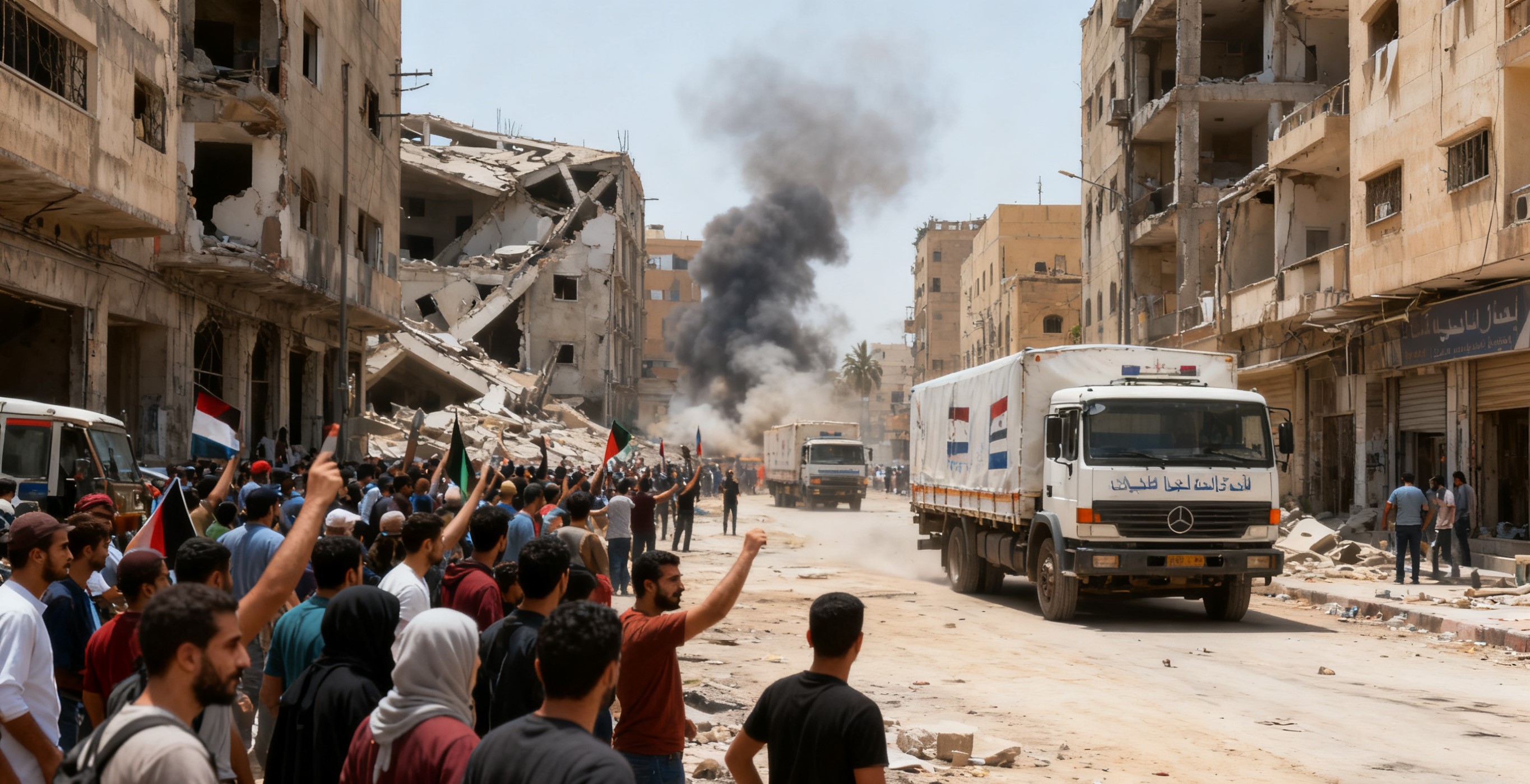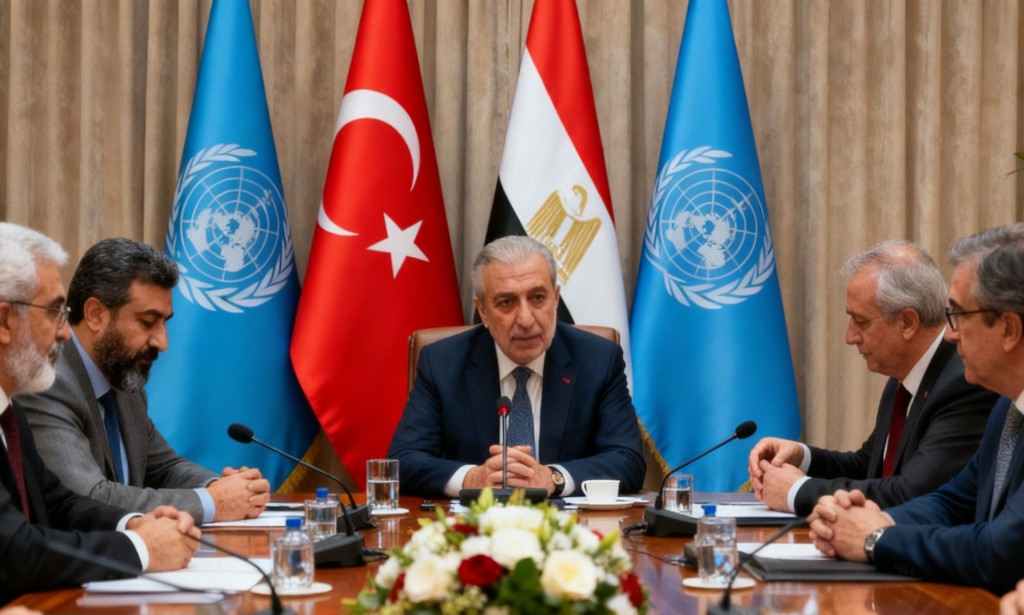
The first phase of the phased ceasefire agreement reached between the Palestinian Islamic Resistance Movement (Hamas) and Israel has been completed, but negotiations for the second phase have yet to begin. Meanwhile, news that the United States plans to build military bases around the Gaza Strip has sparked widespread opposition, and the complex "neither war nor peace" situation in the Gaza region continues to escalate.
Ceasefire Agreement Implementation Hindered, Second-Phase Negotiations Stalled
As confirmed by senior Hamas member Hamdan on the 11th, the organization has fulfilled its commitments under the first phase of the phased ceasefire agreement, but the originally planned second-phase negotiations have not yet started. Hamdan emphasized that the current ceasefire is only a "preliminary agreement" and not a comprehensive peace solution. Hamas still insists on the release of all detained persons and Israel's withdrawal of troops as the core conditions for a permanent ceasefire.
Turkey and Egypt are actively promoting the ceasefire process. On the 12th local time, Turkish Foreign Minister Hakan Fidan and Egyptian Foreign Minister Sameh Shoukry jointly held a press conference. They called for the early clarification of the legal and political framework for Gaza's governance, the establishment of a "Palestinian Committee" and a "Peace Council," and the definition of the mandate of the international "stabilization force." The two foreign ministers unanimously stated that Hamas has demonstrated its willingness to promote a permanent ceasefire, and Israel should make a corresponding response. Turkey and Egypt will coordinate actions to advance the second phase of the ceasefire.
U.S. Plans $500 Million Military Base, Hamas Firmly Opposes
According to information disclosed by Israeli media on the 11th, the U.S. Navy is seeking quotes from enterprises for the construction of a military base around Gaza. The plan is to build a temporary combat base capable of accommodating 10,000 personnel with a 12-month service life, located "near Israel and the Gaza Strip," with a project cost of approximately $500 million. It is reported that the base aims to support the international stabilization force in supervising the implementation of the ceasefire, but this plan has been strongly opposed by Hamas.
Hamas clearly stated that it firmly rejects the deployment of any foreign forces in the Gaza Strip, calling the move equivalent to "replacing the occupier" and a serious violation of Palestinian sovereignty. Analysts point out that the U.S. proposal may further escalate regional tensions and undermine the trust foundation for ceasefire negotiations.
Related Development: Trump Sends Letter Calling for Netanyahu's Pardon
On the 12th local time, a spokesperson for the Israeli president confirmed that U.S. President Donald Trump has sent a letter to Israeli President Isaac Herzog, requesting a "full pardon" for Israeli Prime Minister Benjamin Netanyahu in relation to his pending cases. Herzog's office stated that it "holds President Trump in high regard" but emphasized that any pardon application must follow formal legal procedures. This move has been interpreted by the outside world as Trump's attempt to influence Israeli politics through diplomatic means, adding new uncertainties to the regional situation.
Background Link
Since 2025, the Israeli-Palestinian conflict has continued to escalate. Military operations between the two sides in the Gaza Strip have resulted in heavy casualties. The previously reached phased ceasefire agreement achieved a temporary halt to hostilities and facilitated the exchange of some detained persons, but core differences remain unresolved. The international community generally calls on both sides to exercise restraint, resolve disputes through political negotiations, and avoid a renewed escalation of the situation.



You must be logged in to post a comment.